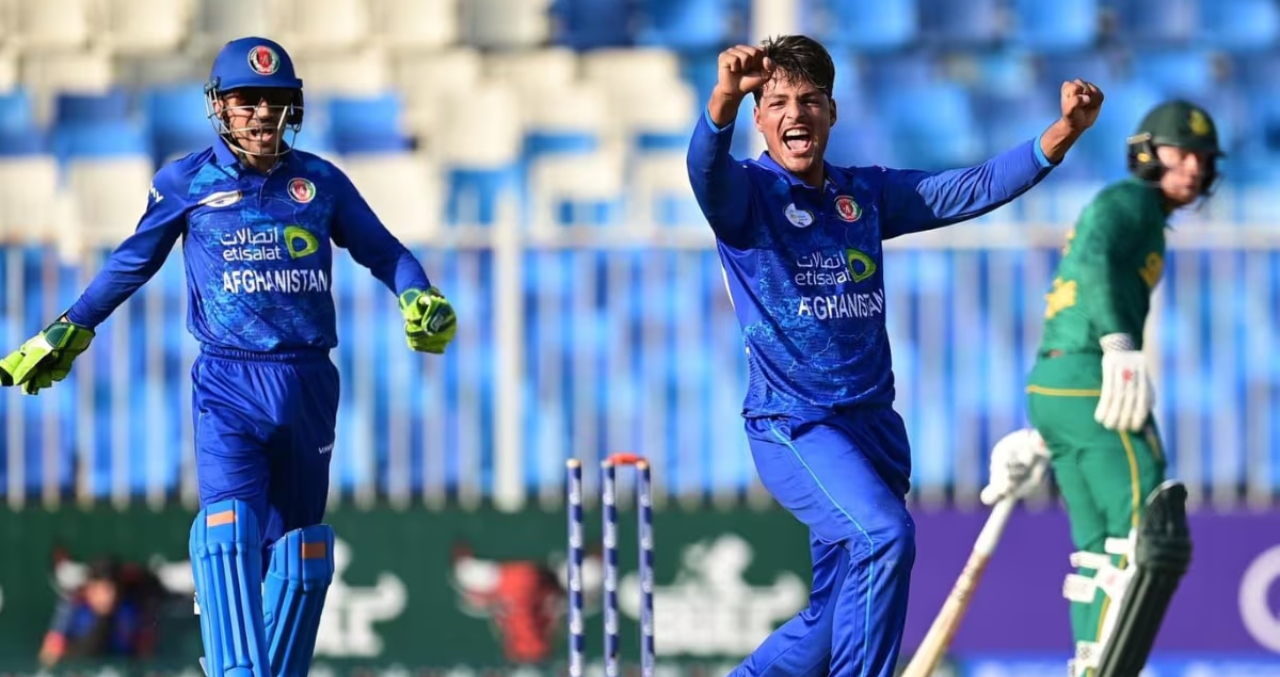
Cricket South Africa (CSA) reconfirmed its commitment to bilateral fixtures with Afghanistan despite calls to boycott. Critics have pushed for disengagement, citing the Taliban’s oppressive treatment of women. CSA, however, defended its stance, opting for a nuanced South Africa cricket policy on the matter.
Human rights groups, such as Lawyers for Human Rights, argue that engaging with Afghanistan’s men’s team could indirectly endorse the Taliban regime. Still, CSA emphasized the need for fairness within their South Africa cricket policy. They believe Afghan cricketers, both male and female, should not suffer due to their government’s actions.
The South Africa cricket policy also underscores gender equity, with CSA highlighting the need to support women’s cricket globally. Yet, it stressed that gender advocacy should not come at the expense of one gender or the sport itself. Afghan male players should not face secondary persecution due to the Taliban’s policies.
“CSA remains mindful that gender equity should never come at the expense of one gender over another. We recognize that advocating for the advancement of one gender should not undermine the rights of the other. CSA believes there is no justification for subjecting Afghan cricket players – both male and female – to secondary persecution for the actions of the Taliban. We will continue to engage with member countries within the formal structures of the International Cricket Council (ICC) to address this matter,”
CSA remains aligned with the International Cricket Council (ICC), which has also refrained from banning Afghanistan. The South Africa cricket policy stands in contrast to Cricket Australia, which refused to engage with Afghanistan. CSA contends that isolating Afghanistan’s men’s team would not promote positive change and would instead punish innocent players and administrators.
Referencing its own history, CSA compared the situation to South Africa’s isolation during apartheid. It noted that sporting bans alone did not dismantle apartheid, and economic sanctions played a more significant role. Through their South Africa cricket policy, CSA aims to balance gender advocacy with fairness, advocating for diplomatic approaches to promote long-term solutions.
“Gender advocacy in cricket should never be advanced by meting out punishment on innocent cricket administrators and players for the misdemeanors of a regime that stands to lose nothing from that punishment,”
“Any measures we consider must take into account the progress made by the Afghanistan Cricket Board in promoting women’s cricket prior to the Taliban’s ban on female participation in sports in August 2021,”
CSA remains committed to ongoing dialogue, working with the ICC to ensure inclusive sports for all, while seeking solutions that do not marginalize innocent athletes.
Also, see:
Australia Claims 28-Run Victory Over England in First T20I at Southampton
